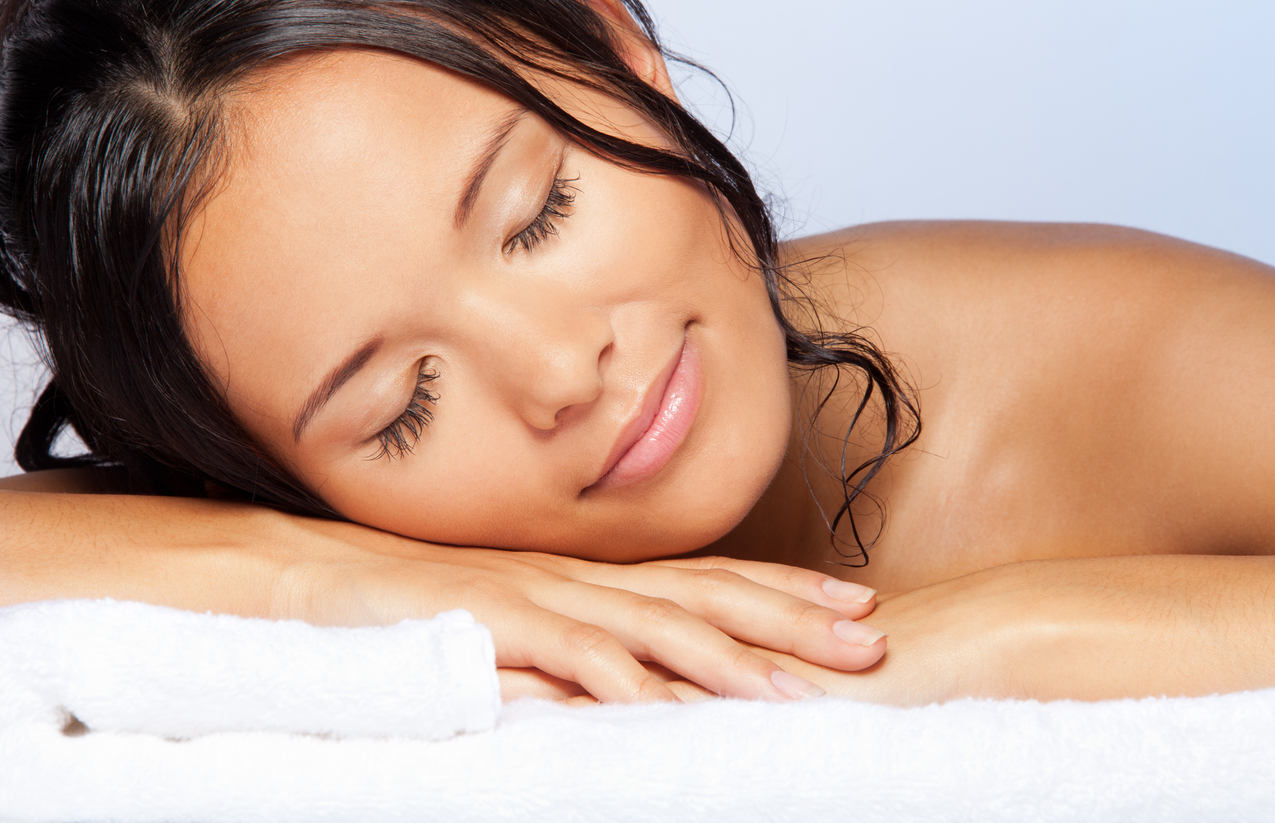
The debate over whether it is bad to sleep with wet hair has gone on for generations. From warnings about catching colds to concerns about hair damage, there are numerous myths and beliefs surrounding this common practice. Let’s explore the truth about it, including the potential risks and benefits of sleeping with wet hair.
Understanding the Myths of Sleeping With Wet Hair
Myth 1: You Will Catch a Cold One of the most prevalent myths is that sleeping with wet hair can cause you to catch a cold. This belief likely stems from the idea that being cold makes you more susceptible to illness. However, colds are caused by viruses, not temperature. While sleeping with wet hair might make you feel chilly, it won’t directly cause you to catch a cold.
Myth 2: It Causes Severe Health Issues Some believe that sleeping with wet hair can lead to more severe health problems, such as pneumonia or other respiratory illnesses. Again, these conditions are caused by infections, not by damp hair. While being cold and wet might lower your body’s defenses slightly, it’s not a direct cause of these illnesses.
Potential Risks of Sleeping with Wet Hair
While the myths about colds and severe health issues are unfounded, there are still some genuine concerns to consider:
1. Increased Risk of Fungal Infections A damp environment is a breeding ground for fungi. Pillows and pillowcases can retain moisture, creating an ideal habitat for fungal growth. This can potentially lead to scalp conditions like dandruff or even fungal infections.
2. Hair Damage Wet hair is more fragile and susceptible to damage. When you toss and turn in your sleep, the friction against your pillow can cause hair to break, tangle, and develop split ends. Additionally, wet hair stretches more than dry hair, increasing the risk of damage.
3. Scalp Issues Sleeping with wet hair can sometimes lead to scalp issues, especially if you frequently go to bed with it. The prolonged moisture can irritate the scalp, leading to itchiness and discomfort. For those with conditions like eczema or psoriasis, this can exacerbate symptoms.
Minimizing Risks: Tips for Sleeping with Wet Hair
If you prefer to wash your hair at night or find yourself occasionally going to bed with damp hair, here are some tips to minimize potential risks:
1. Use a Silk Pillowcase Silk pillowcases reduce friction, which can help prevent hair breakage and frizz. They also absorb less moisture than cotton, which can keep your pillow drier.
2. Gently Dry Your Hair Before going to bed, gently towel dry your hair to remove excess moisture. Avoid vigorous rubbing, as this can cause damage. Instead, pat your hair dry or wrap it in a microfiber towel.
3. Apply a Leave-In Conditioner or Serum Using a leave-in conditioner or hair serum can help protect your hair from damage. These products can provide a protective barrier and reduce friction.
4. Avoid Tight Hairstyles If you tie your hair back while sleeping, opt for a loose braid or ponytail. Tight hairstyles can cause tension and breakage, especially when hair is wet.
5. Keep Your Sleeping Environment Clean Regularly wash your pillowcases and keep your sleeping environment clean to minimize the risk of fungal infections. Using hypoallergenic pillow covers can also help.
Potential Benefits of Sleeping with Wet Hair
Surprisingly, there can be some benefits to sleeping with wet hair:
1. Enhanced Curls and Waves For those with naturally curly or wavy hair, sleeping with damp hair can enhance your natural texture. Braiding damp hair before bed can result in beautiful, heat-free waves or curls.
2. Time-Saving Washing your hair at night can save you time in the morning. For those with busy schedules, this can be a practical solution.
3. Cooling Effect During hot weather, going to bed with wet hair can help you feel cooler and more comfortable as you fall asleep.
While sleeping with wet hair is unlikely to cause severe health issues, it does come with some potential risks, primarily related to hair and scalp health. By taking steps to minimize damage and maintain a clean sleeping environment, you can reduce these risks. Ultimately, whether you choose to sleep with wet hair is a personal decision that depends on your hair type, lifestyle, and comfort preferences. By understanding the facts and taking a few precautions, you can keep your hair healthy and avoid potential problems.
